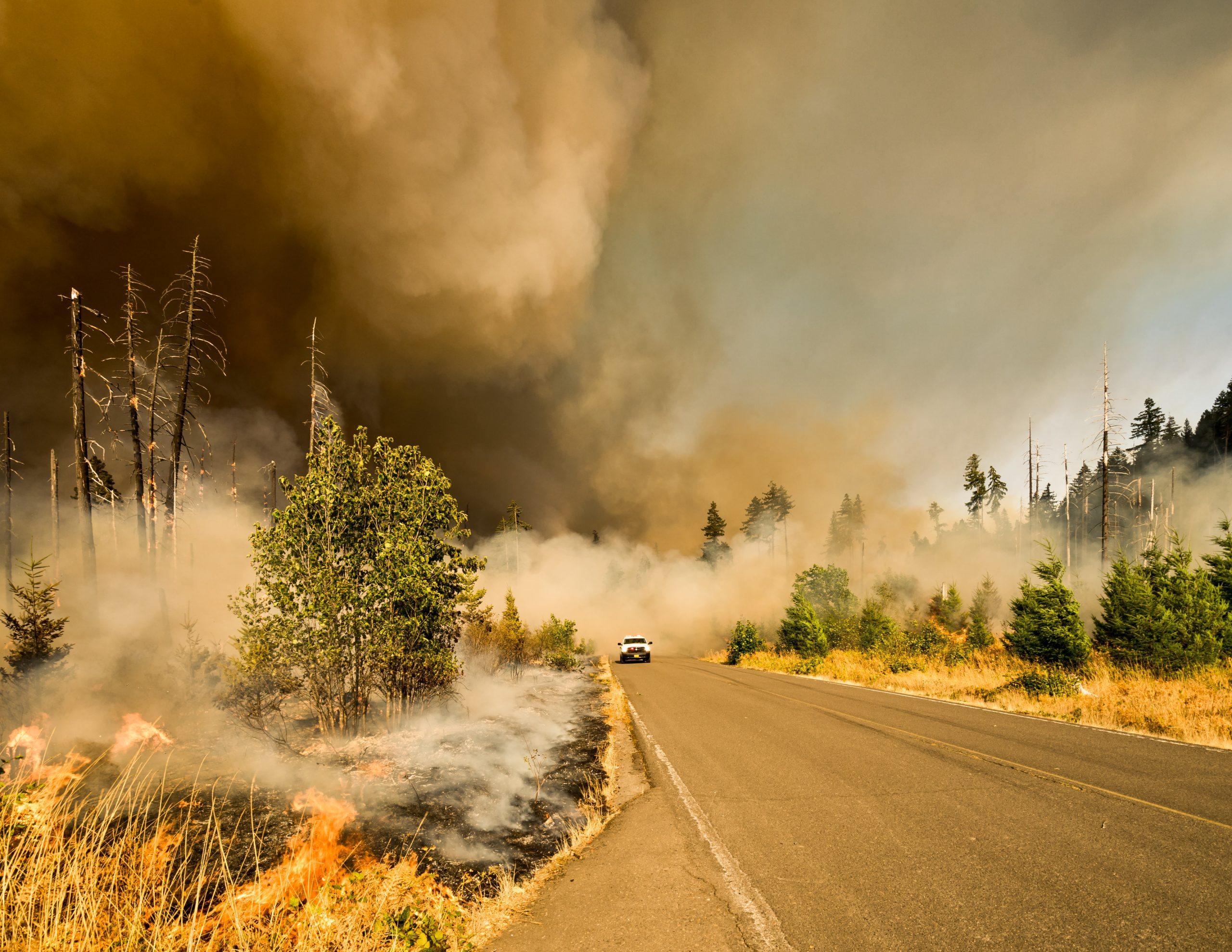
Preventing Catastrophic Wildfire Under Climate Change
Summary
Wildfires, damages, and deaths are increasing because of unnatural accumulations of wood from outdated forest policies and intensifying heat from human-caused climate change. Preventing catastrophic wildfires requires improved, science-based policies that will shift the government from after-the-fact firefighting to proactive controlled burning. This would improve the lives of Americans and the health of our ecosystems by reducing deaths and damage due to wildfire, restoring damaged forests that naturally require fire, and decreasing the carbon emissions that cause climate change.
This memorandum outlines a policy approach to achieve these outcomes. Executive action will establish a national strategy for proactive fire management. Legislation will ensure revenue neutral implementation by reallocating funds currently used for firefighting to less expensive and more effective fire prevention. Finally, fire managers will increase prescribed burning and use of natural fires, relying on scientific analyses to target areas at greatest risk under climate change.
Cities need to rapidly become compact, efficient, electrified, and nature‑rich urban ecosystems where we take better care of each other and avoid locking in more sprawl and fossil‑fuel dependence.
Hurricanes cause around 24 deaths per storm – but the longer-term consequences kill thousands more. With extreme weather events becoming ever-more common, there is a national and moral imperative to rethink not just who responds to disasters, but for how long and to what end.
This year’s Red Sky Summit was an opportunity to further consider what the role of fire tech can and should be – and how public policy can support its development, scaling, and application.
Promising examples of progress are emerging from the Boston metropolitan area that show the power of partnership between researchers, government officials, practitioners, and community-based organizations.